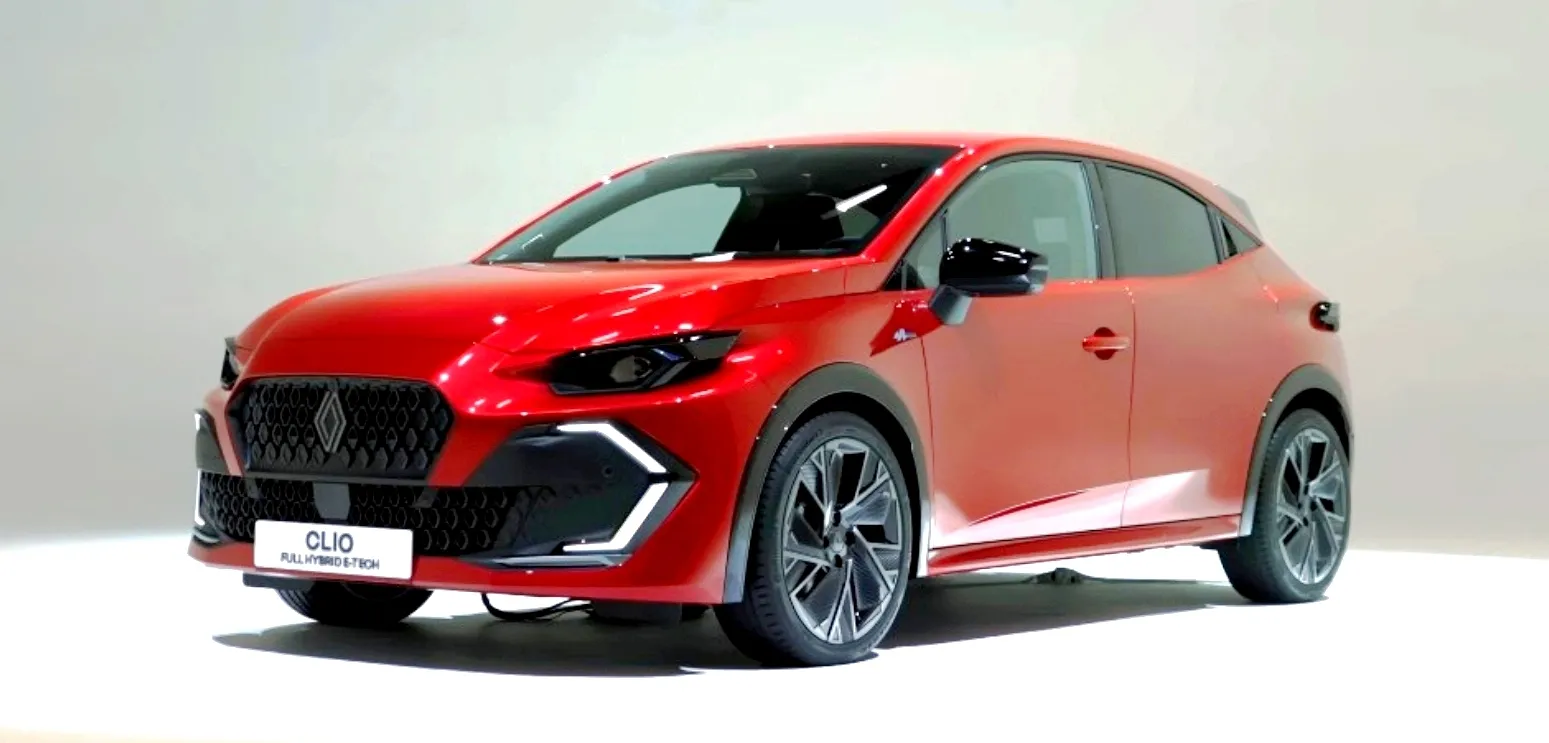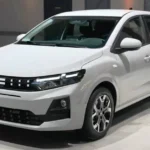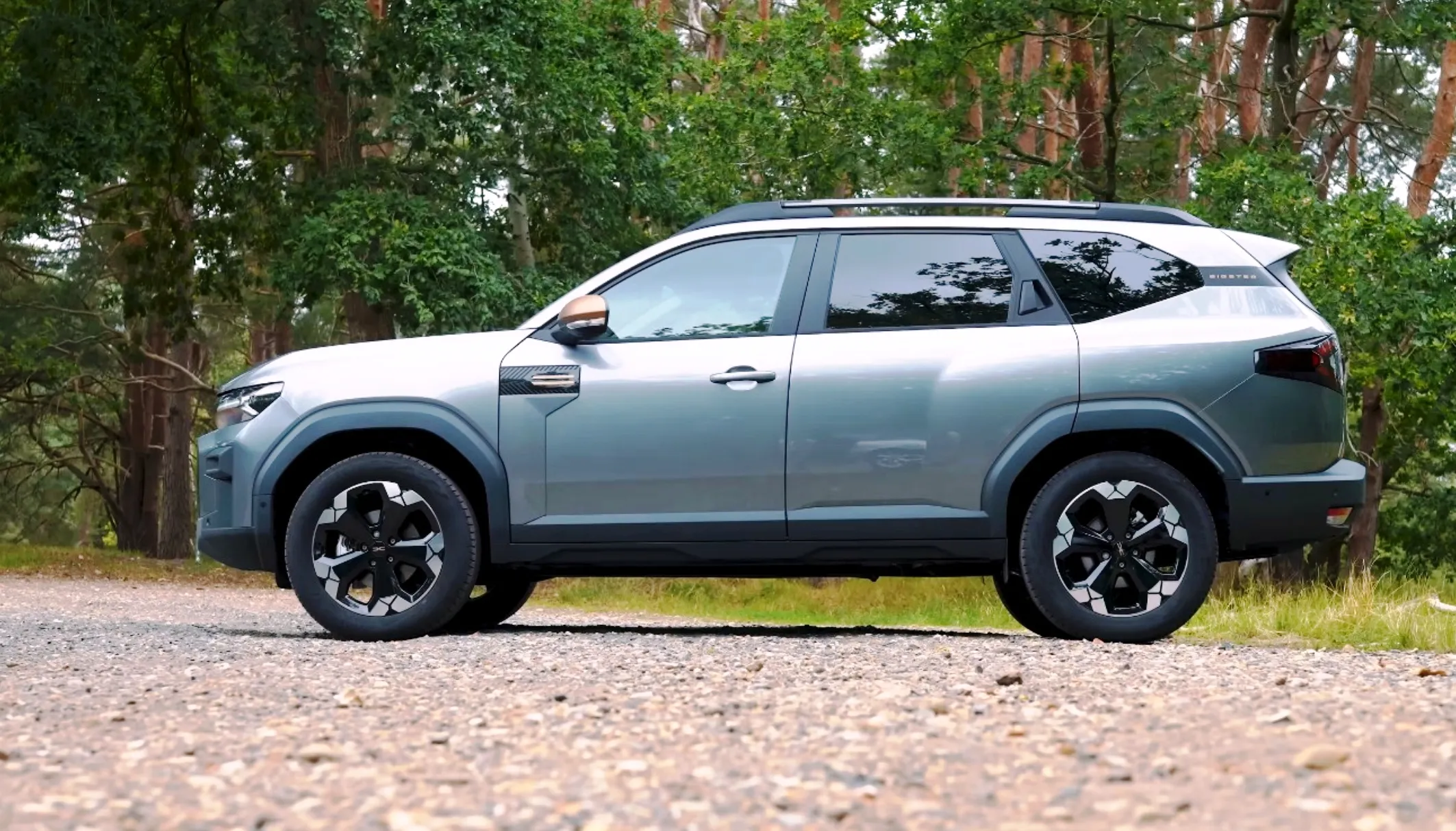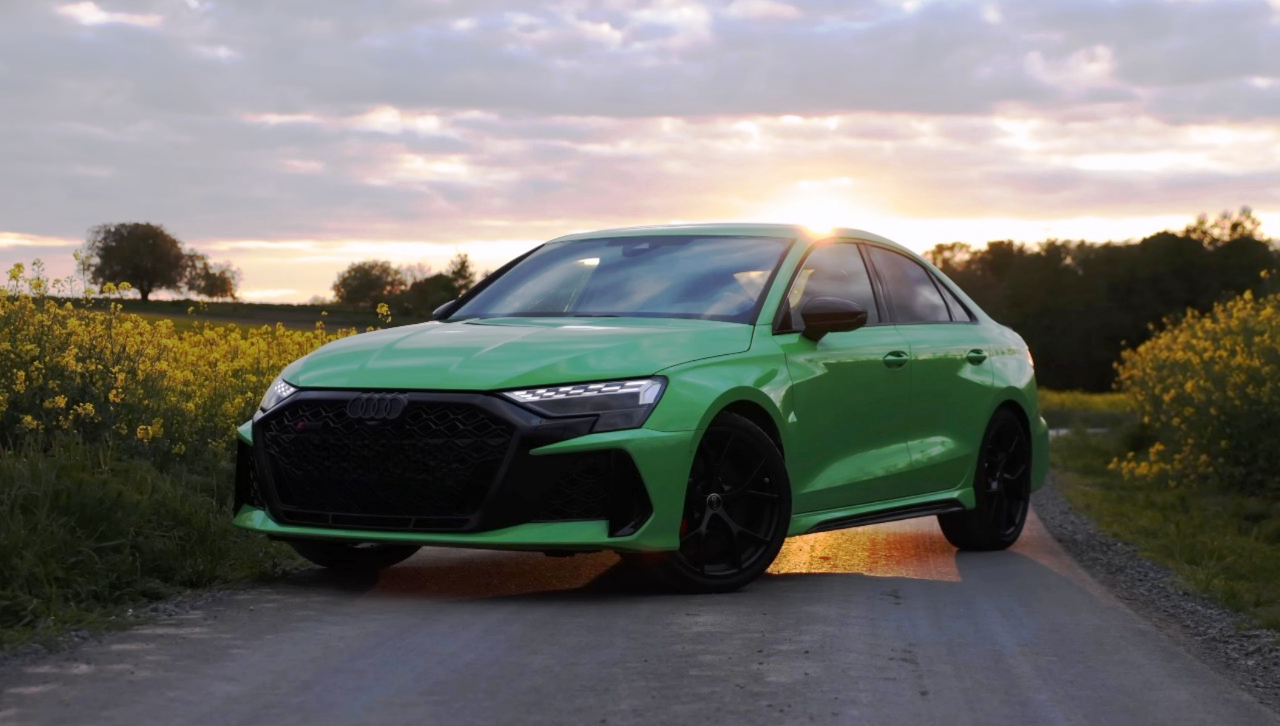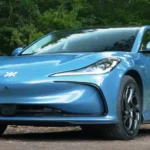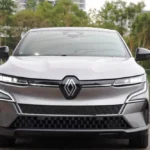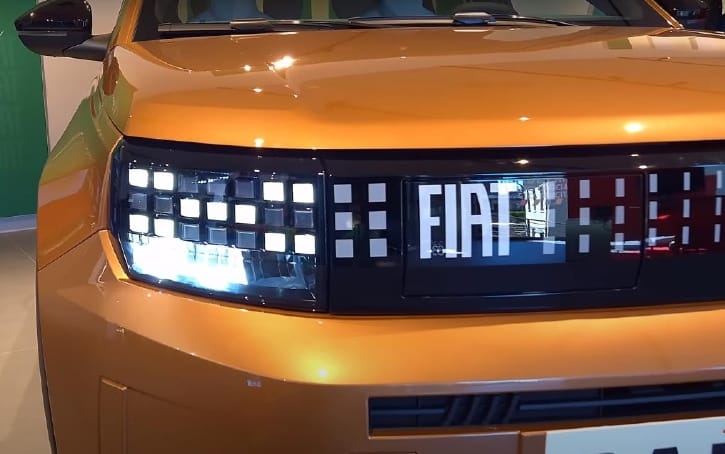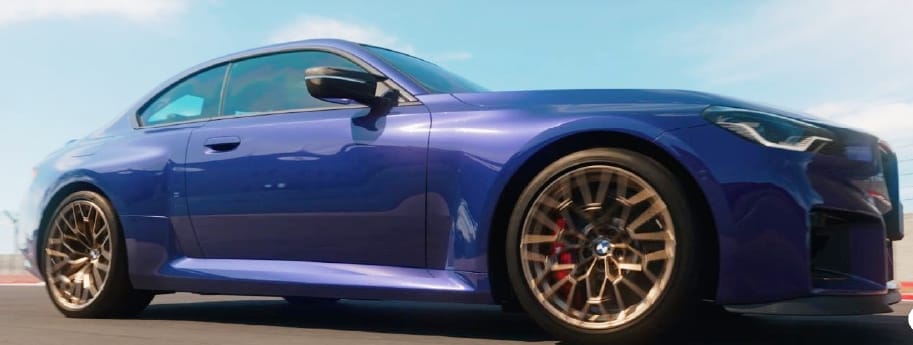Last Updated on 11/07/2025 by Raj
2025 Dacia Sandero VS Renault Clio with all Specs
A detailed comparison of the 2025 Dacia Sandero and Renault Clio in proper European way. Investigate heritage, design, performance, and everyday usability in this rich, sophisticated, and thought-provoking analysis of two legendary hatchbacks.
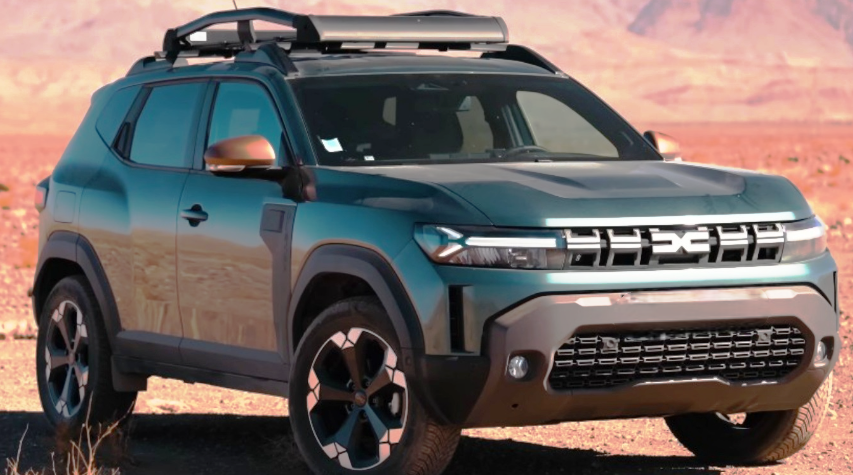
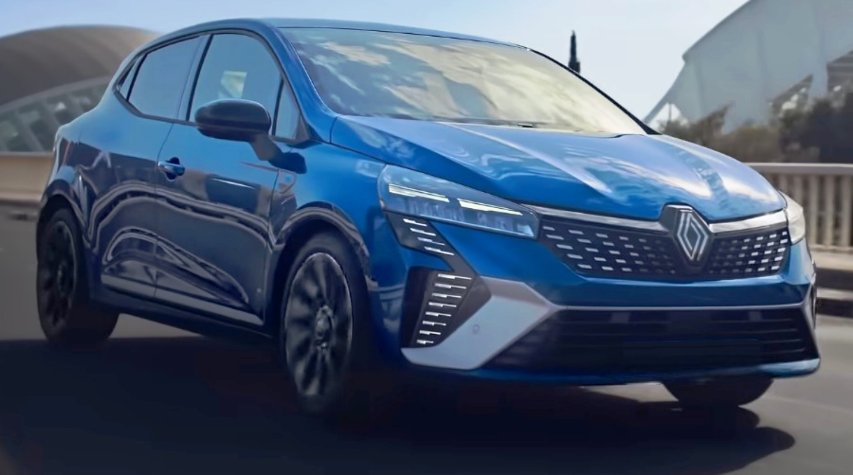
A Tale of Two Cities: From Mioveni to Flins
France and Romania: Two corners of the continent with extremely disparate identities, but inextricably linked by the evolution of automotives. In the center of Mioveni, the Dacia Sandero was conceived as a need for mobility, utility, and affordability. In contrast, in the industrial sophistication of Flins, the Renault Clio was an emblem of accessible style and French ingenuity.
The 2025 ICE models of these two hatchbacks are not just cars—they’re cultural objects. Amid a world of hybrid angst and hushed electric powerplants, these internal combustion heroes make us remember the beauty of simplicity, the excitement of revs, and the allure of petrol-aroma evoking nostalgia.
Which should you leave parked outside your château or city apartment in 2025? Let’s see.
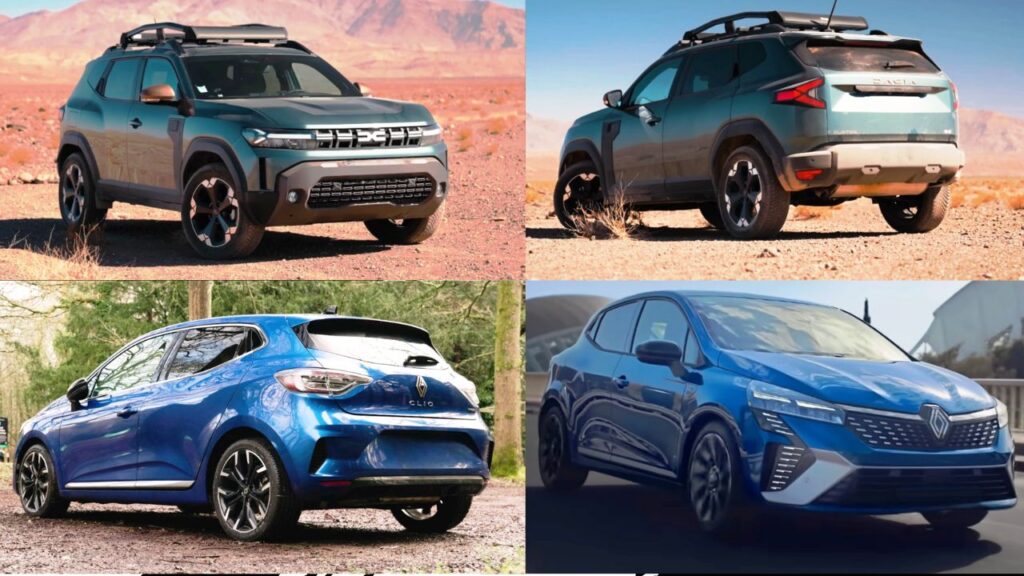
Interior: Build Quality and Features
Dacia Sandero: No-Nonsense and Practical
Get inside the Sandero and you’re greeted by a homey interior that is unapologetic about its function. It’s not pretending to be anything it’s not. There are hard plastics but hard-wearing ones at that. The ergonomics are perfect. Visibility is panoramic. With every new generation, Dacia approaches modern without sacrificing its thrifty nature. The Stepway Extreme trim even gets fashionable with understated orange highlights and tough textile inserts.
You’ll see useful tech: an 8″ touchscreen, smartphone projection (via cable), USB sockets, and simple but effective climate control. It’s a car that doesn’t have to shout. It just works.
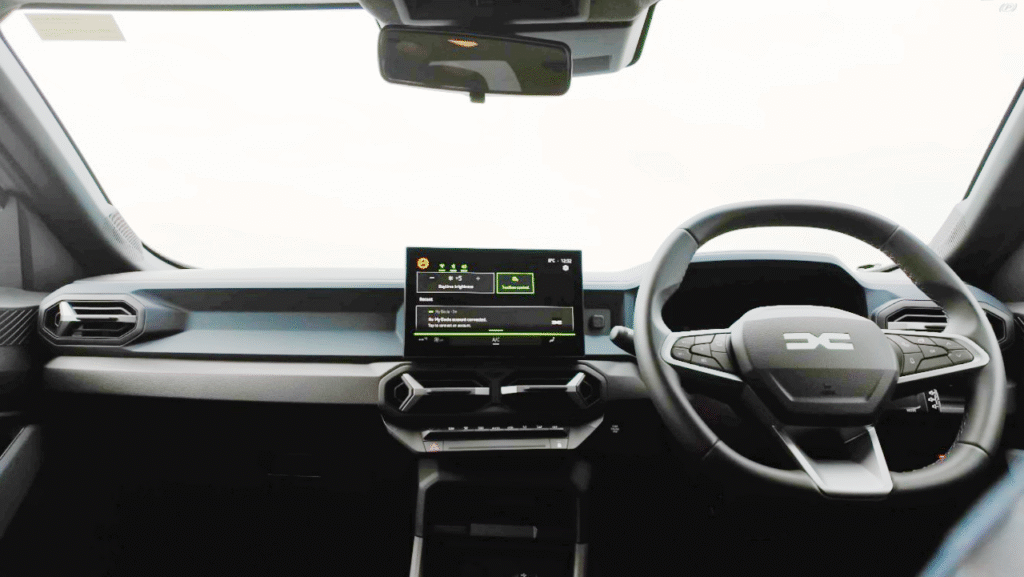
Renault Clio: French Sophistication
In the Clio, you’re surrounded by soft-touch trim, ambient lighting, and a design language that feels Parisian chic. The infotainment system, now to 9.3″, is as buttery as it gets and wireless-connectivity enabled. The Clio’s interior isn’t merely well-built—it feels made. Every surface and dial has thought gone into it.
From the sculpted seats to the flat-bottomed steering wheel, the Clio feels more premium than most compacts twice its price. It’s a statement, not a compromise.
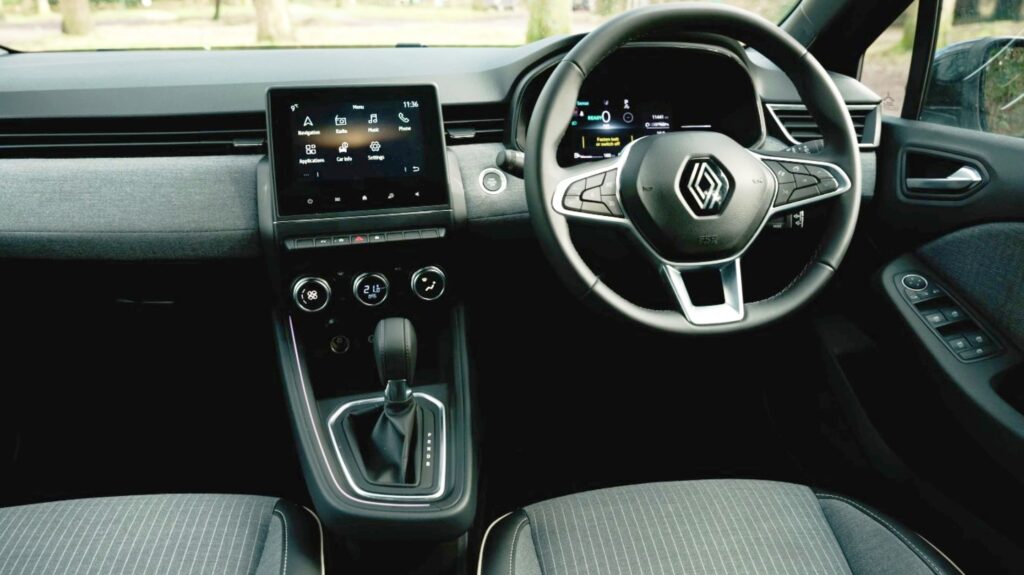
Performance: For the Commute or the Countryside?
Sandero: Easy-Going and Economical
No fireworks, please. The Sandero’s 1.0-litre engines (65–90 hp) provide gentle acceleration, but the car is a star in city environments. It’s agile, economical, and happily compliant over cobble and potholes. The 1.0 ECO-G LPG model has a dual-fuel set-up for cash-strapped drivers. This is the car that performs well in suburban school runs and tight Alpine villages.
Clio: Confident and Controlled
Despite sharing the same 1.0 TCe engine as the Sandero, the Clio is more composed, its chassis and suspension finely tuned for the job. It leans into corners with conviction and highway cruises with gravitas. Older 1.3 TCe models (if they still exist) provide punchy acceleration to match bigger cars. It’s not hot-hatch quick, but provides a hint of joie de vivre.
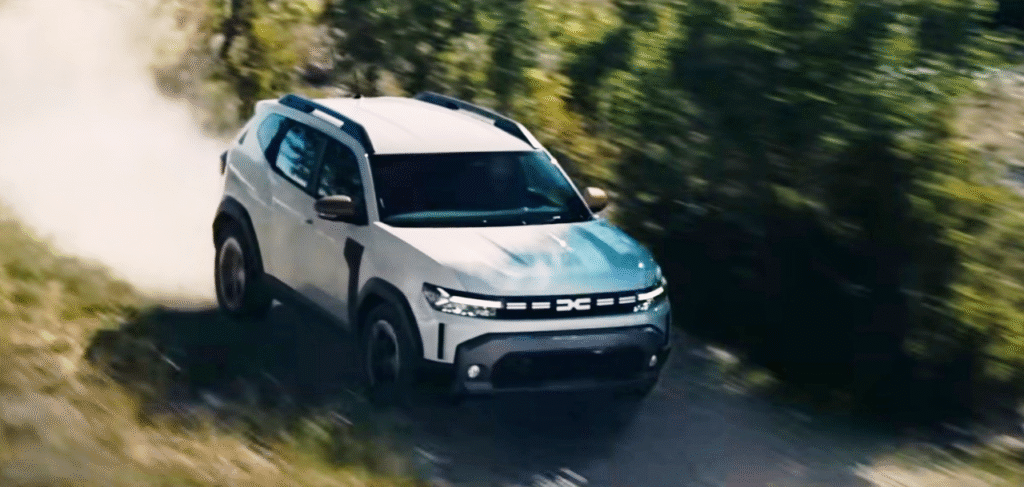
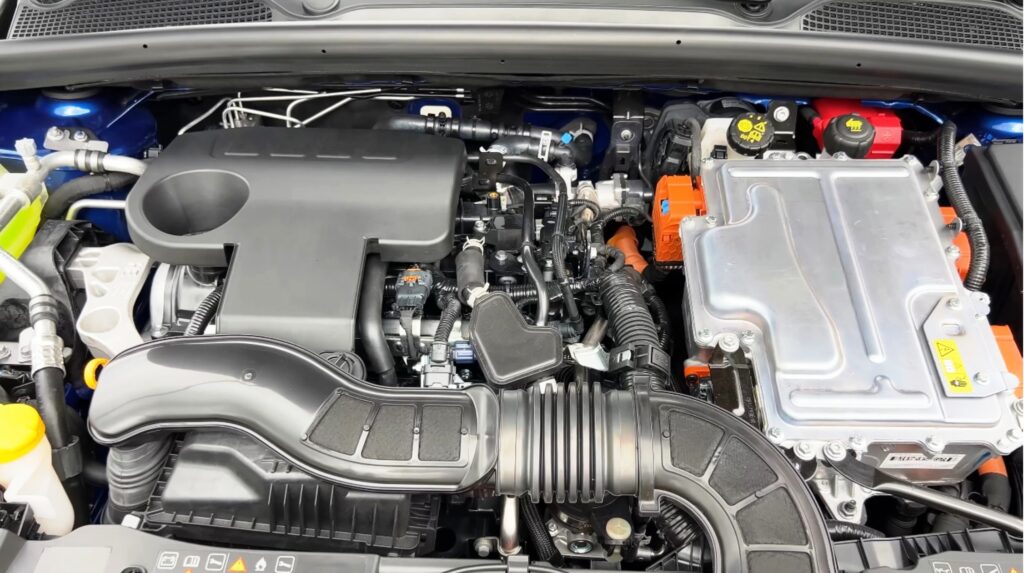
Safety: Assurance for the Modern Motorist
Sandero: Plain but Strong
Safety fundamentals are all present here: 6 airbags, AEB, lane departure warning, and traffic sign recognition. It has achieved a solid Euro NCAP rating, but its passive safety features are relatively humble.
Clio: Comprehensive and Modern
Renault’s safety record glows. The Clio features sophisticated options such as adaptive cruise control, blind spot detection, and pedestrian-sensitive brake systems. It’s one of the safest in its segment, and you sense it from the first time you close the door.
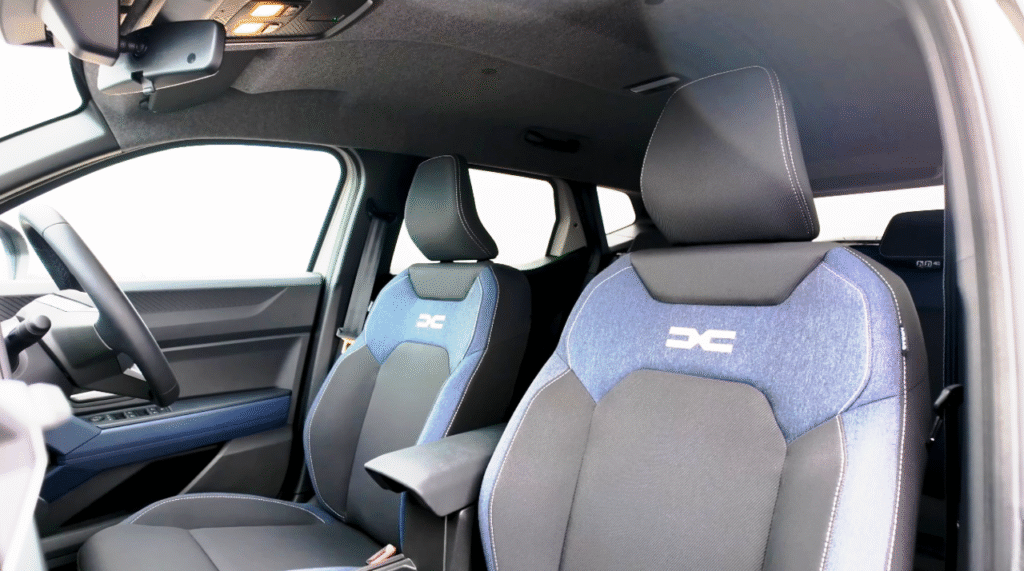
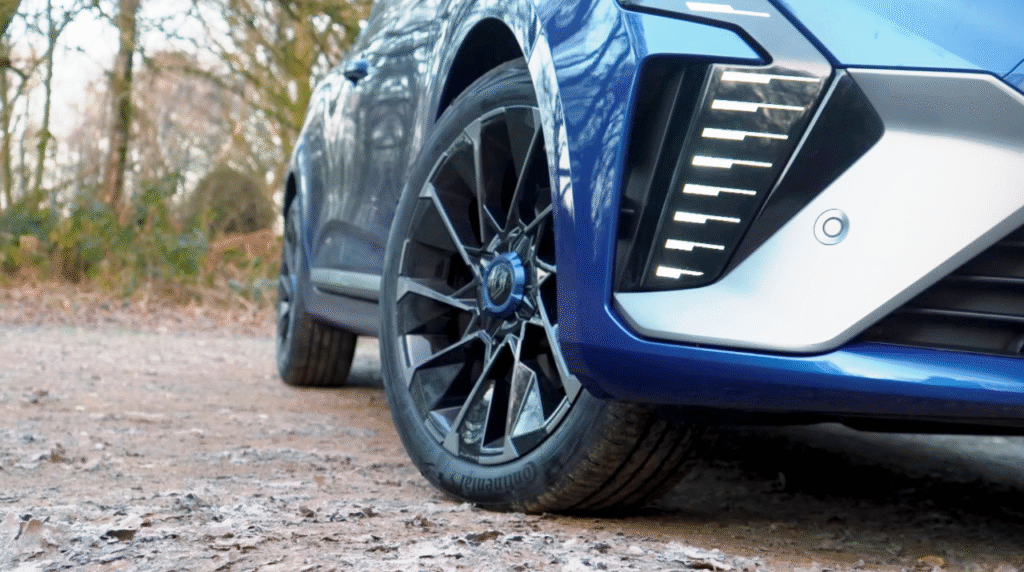
Capabilities: Real World Readiness
Sandero: The Rural Hero
Its Stepway variant raised high provides SUV-lite looks and robustness. Ground clearance is high for a hatchback, which makes it ideal for gravel roads and potholed provincial roads. The LPG variant is an intelligent option for areas where fuel diversity is essential.
Clio: The Urban Companion
Narrower turning circle, smoother ride, and better aerodynamics make the Clio the winner in urban setup. It’s perfect for longer journeys, dynamic drives, and fashionista arrivals.
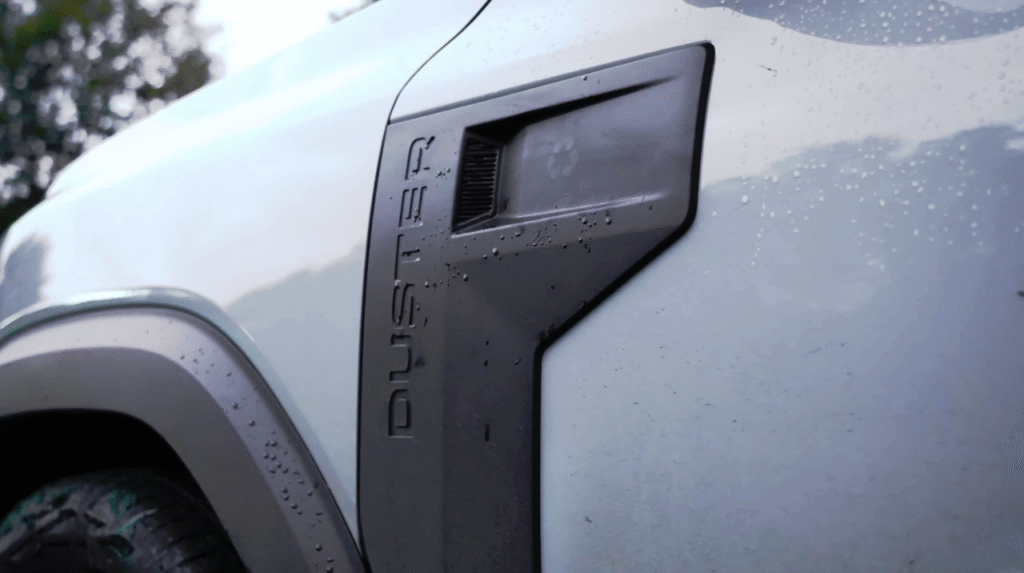
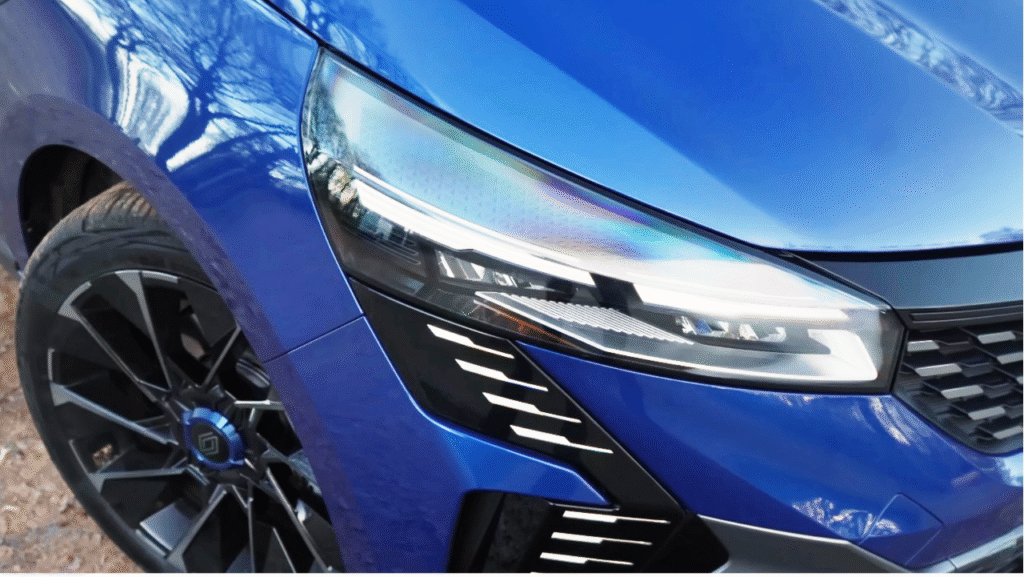
Pricing and Availability: Euros and Sense
The Sandero remains Europe’s budget monarch. From €12,500, it’s a value miracle. Even top-spec, it doesn’t go over €17,500.
The Clio, on the other hand, costs a premium entry fee (€16,000+), while top-of-the-range trims such as the Esprit Alpine come close to €22,000. But for that, you receive trimmings and refinement typically kept for compact crossovers.
Both are offered throughout the EU, UK, and major international markets, with Renault being more flexible with finance.
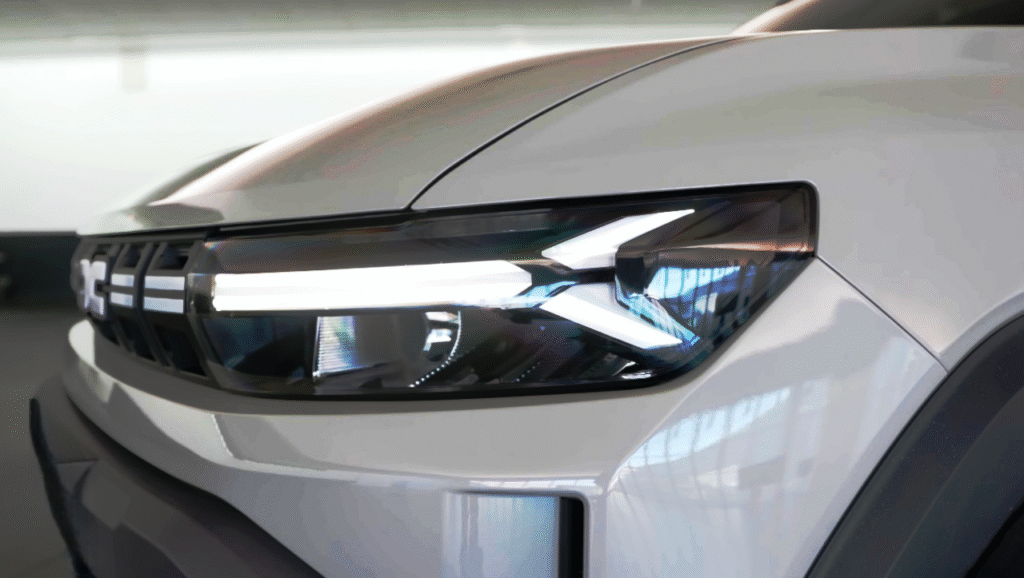
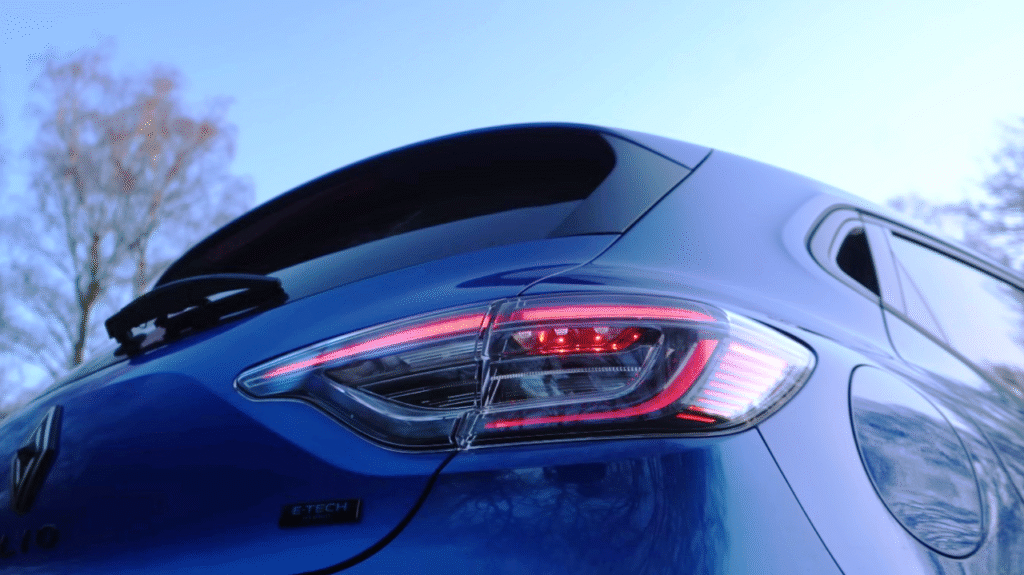
Pros and Cons
Dacia Sandero
Pros:
Unparalleled affordability
Low insurance and maintenance
LPG version = reduced running costs
Stepway version = added versatility
Cons:
Sparsely equipped materials and tech
Respectable, but limited performance
Few active safety features
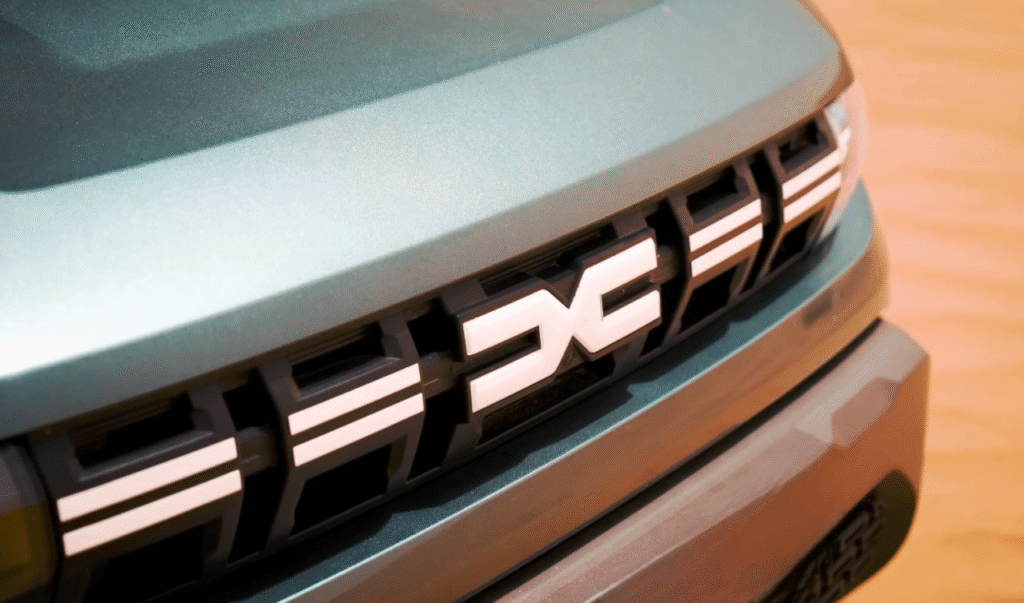
Renault Clio
Pros:
Luxury-like interior feel
Best ride quality
Advanced safety and infotainment
Great all-round usability
Cons:
Premium price point to start
Running costs a fraction higher than average
Certain trims rival the more expensive segments on price
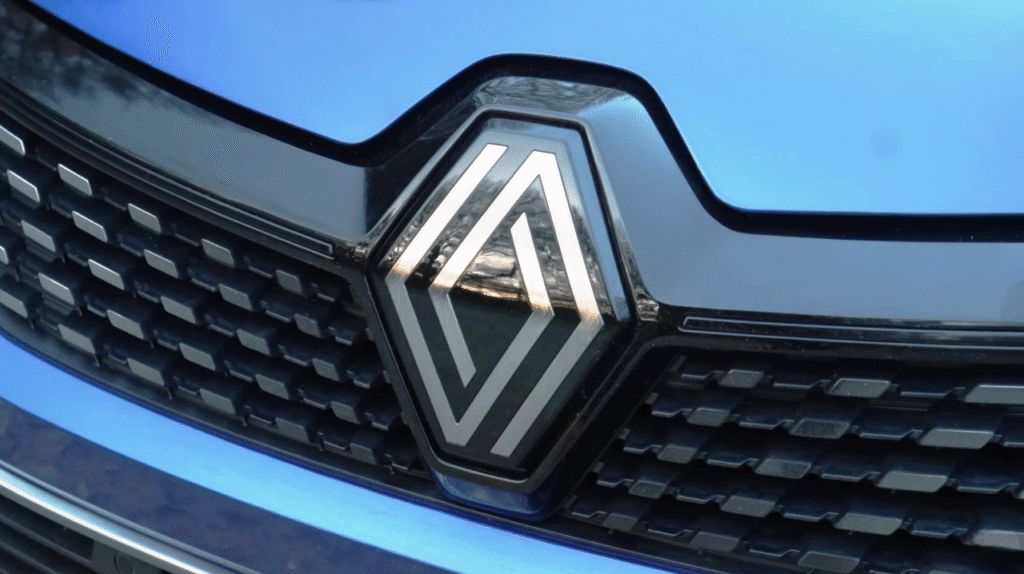
Verdict: The People’s Car or the People’s Choice?
If you think a car ought to be an appliance first and a plaything second, then the Dacia Sandero makes sense, is sensible, and is becoming rather tasteful too. It flaunts its cheapness as a badge of honor—an honest friend for everyday driving.
If, though, you regard your car as an extension of yourself—a vehicle to indulge, to socialize, to experience refinement in the mundane—then the Renault Clio brings more than mere travel.
Both are heroes of the ordinary driver. One returns you change from your reserves; the other gives you minor indulgences that make your daily commute a little more pleasant. choose what suits your highway, your wallet, and your existence.
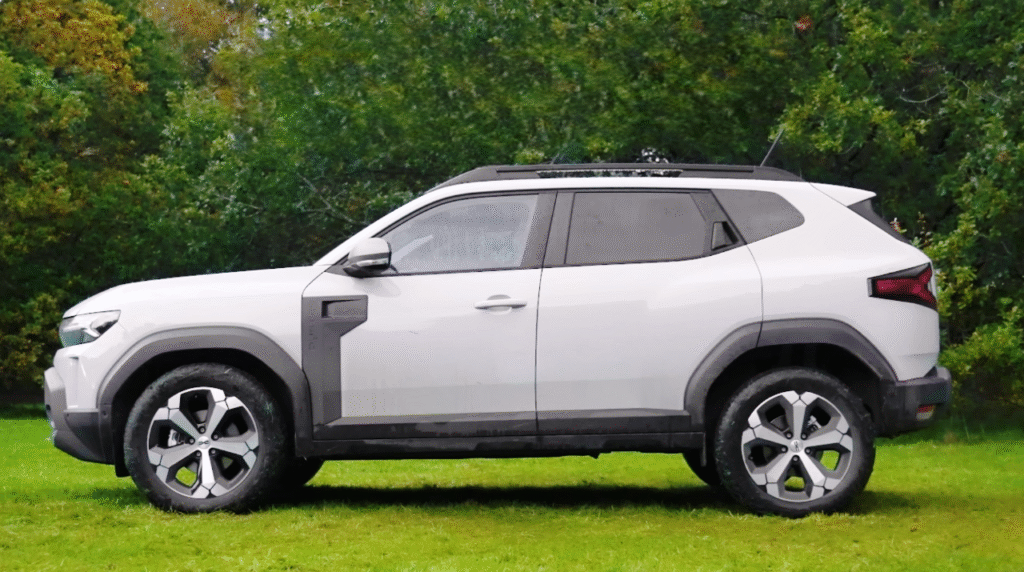
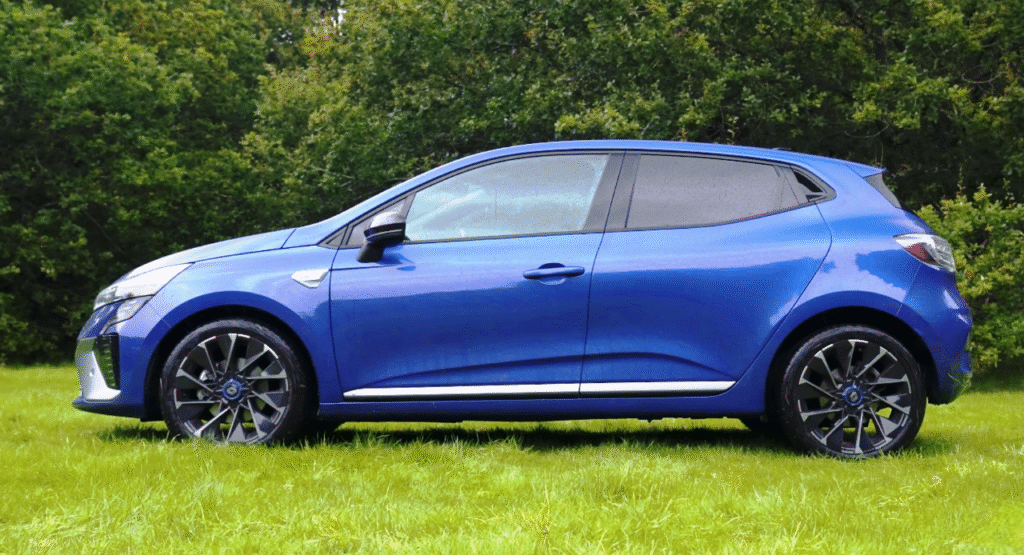
FAQ
Q: Is the 2025 Dacia Sandero still the cheapest car in Europe?
A: Yes, it is still among the cheapest cars in Europe, particularly when one looks at total cost of ownership.
Q: Is the Renault Clio worth the over the Sandero?
A: If you prioritize improved materials, safety equipment, and driving refinement, then yes, the Clio is worth the additional cost.
Q: Can both models be serviced easily throughout Europe?
A: Definitely. With common parts and extensive Renault network, servicing is hassle-free and cheap for both.
Q: Which car is more future-proof?
A: The Clio has hybrid versions and more advanced safety features, so it is slightly more future-proof in emissions and regulation terms.
Q: Which one is better for new drivers?
A: The Sandero, due to its simplicity and lower insurance group, is perfect for new drivers and beginners.

